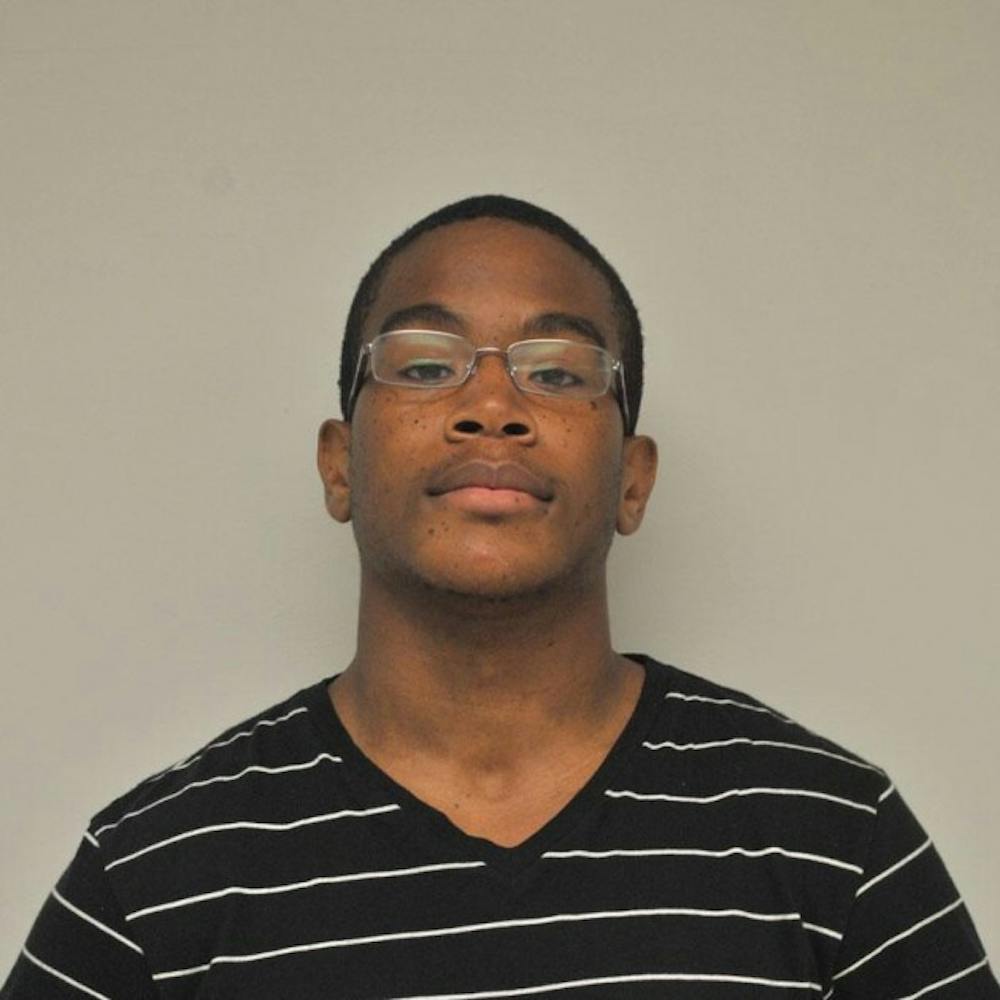My English teacher back in high school was manic, to say the least. The man was notorious among students for his aggressive attitude and his numerous cynical rants about things like existentialism, nihilism, and what bad scholars we were.
I don't remember any of the concepts he taught in that advanced placement class, but I did pick up two things from the class. First, that the 85 I earned ensured my acceptance to UB and an obnoxious sense of self-confidence for succeeding in such a rigorous course.
The second lessonwas the one I found more interesting. I actually forgot the name of the theory (or if it even had one for that matter), but he said that generally decades of prosperity are almost always followed by periods of regression. For example, The Roaring Twenties were followed by The Great Depression, while the '90s economic boom was followed by the recession.
Can this crackpot theory be applied to the arts? I think so. But I'm going to apply it to just hip-hop.
The '00s, or the aughts, were marked by the decline of lyricism in a genre that was becoming more mainstream. Yes, there were gems like Ghostface Killah's Supreme Clientele, MF DOOM's and Madlib's Madvillainy, and M.I.A's classic "Paper Planes." However, the airwaves were dominated by the mediocrity of Soulja Boy, Lil Jon, and Chingy. Of course, there are far more names that can be put into the same category.
What disoriented hip-hop aficionados like myself the most was that the prior decade (which is often referred to as hip-hop's golden age) was stacked with classics. The aughts had only a handful of rappers that could be even considered in the same vein of the multitude of '90s greats.
Sure, there is yet to be the definitive lyricist to emerge in this young decade, but early evidence shows that hip-hop is returning to form.
Kanye West's masterpiece My Beautiful Dark Twisted Fantasy symbolically started this. One of the main criticisms of last year's hip-hop was that it often sacrificed authenticity in favor of false tales of drugs, money, violence, and sexuality. What made the album so progressive was that it amalgamated most of those aspects into a musical tour-de-force.
Another thing to note about the album is the guest list: Jay-Z, Rick Ross, Pusha T, and Nicki Minaj. The artists' most recent efforts up to that point (with the exception of an improved Rick Ross) have been subpar, and all of them were criticized for constantly harping on those negative themes.
I don't know what it was about West's production, but the guests spit inspired verses throughout the album. Since when did Jay-Z become so aggravated ("So Appalled")? Why does Pusha T sound so cynical and arrogant ("Runaway")? And when did Rick Ross learn to sculpt such vivid fantasies ("Devil in a New Dress")?
MBDTF may have cemented a shift in the hip-hop ethos. The genre wasn't about street wisdom and grit anymore, but about decadence and fantasy. That shift is somewhat similar to the shift from the '80s' emphasis on drum-backed braggadocio to the '90s' focus on lyricism, jazz rap, and G-Funk.
It's a distant comparison, but the theme of change is still there.
There are also newcomers that seem to carry that same progression motif. Kendrick Lamar's music branches away from West's popular topics, and instead speaks on the apathy and confusion of today's young generation. A$AP Rocky rides on drug-fueled fantasies, but the Harlem native's southern influences cause his music to borderline psychedelics.
Nobody knows if these artists are going in the direction hip-hop needs to take. However, Lamar's Section.80 and A$AP Rocky's LiveLoveA$AP are both popular with critics. The fact that the two releases are moderately popular with the public is interesting, as well.
Maybe my English professor wasn't so crazy after all.
Email: brian.josephs@ubspectrum.com





